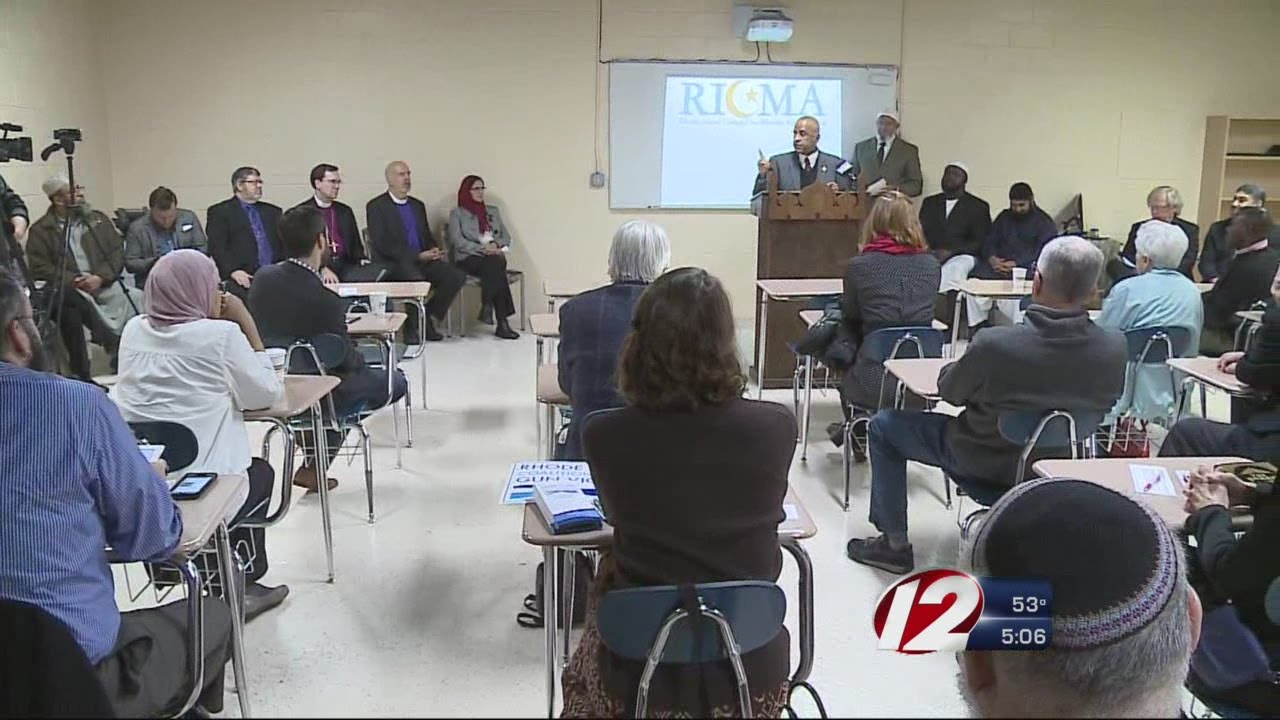The Early History of Rhode Island
Rhode Island, now known as the smallest state in the United States, holds a significant place in the nation’s history. Its beginnings can be traced back to the early 17th century when European colonizers began to settle in the New World. Before the arrival of European settlers, the region was inhabited by various Native American tribes, including the Narragansett and Wampanoag tribes.
Rhode Island: A Haven for Religious Freedom
Rhode Island became synonymous with religious freedom due to the beliefs and actions of its founder, Roger Williams. Williams, a Puritan minister, was banished from the Massachusetts Bay Colony in 1636 due to his dissenting religious views. He sought refuge in the area that would later become Rhode Island, where he envisioned a society where all individuals could freely practice their faith.
The Establishment of the Rhode Island Colony
In 1636, Roger Williams acquired land from the Narragansett tribe and established the first settlement in Rhode Island, which he named Providence. Over time, additional settlements were established, including Portsmouth and Newport. Each settlement had its own unique character and attracted settlers from various religious backgrounds.
The Charter of Rhode Island and Its Significance
In 1663, Rhode Island obtained a royal charter from King Charles II, granting the colony self-governance. This charter was significant as it explicitly guaranteed religious freedom, allowing individuals to worship according to their own beliefs without fear of persecution. The charter’s provisions laid the foundation for Rhode Island’s reputation as a haven for religious tolerance.
Religious Tolerance in Early Rhode Island
Rhode Island’s commitment to religious freedom extended beyond the Christian faiths prevalent at that time. The colony welcomed individuals of diverse backgrounds, including Jewish and Quaker settlers. This environment of religious tolerance created an atmosphere of acceptance and accommodation for different religious practices, making Rhode Island an attractive destination for those seeking refuge from religious persecution.
The Muslim Presence in Early America
While the majority of the early settlers in Rhode Island were Christian, there is evidence to suggest the presence of Muslims in America during this period. Historical records indicate that Muslims from Africa, brought as slaves, were present in the American colonies. Their exact numbers and impact on Rhode Island specifically, however, are difficult to ascertain due to limited documentation.
Muslim Relations in Rhode Island’s Early Years
Although the specific interactions between Muslims and other religious groups in Rhode Island during its early years are not well-documented, the colony’s commitment to religious freedom suggests a likelihood of tolerance towards Muslims. Rhode Island’s emphasis on individual liberty and the absence of religious establishment provided an environment conducive to coexistence and acceptance.
The First Muslim Settlers in Rhode Island
While it is challenging to determine the exact timing of the arrival of the first Muslim settlers in Rhode Island, it is likely that they were among the Africans brought to the colony as slaves. These early Muslims would have faced significant challenges in practicing their faith openly, as they were subject to the control and restrictions imposed by their owners.
Muslim Rights and Protections in Rhode Island
Rhode Island’s commitment to religious freedom meant that Muslims, like followers of other faiths, enjoyed the right to practice their religion without interference. The colony’s legal framework, established through the charter, protected the rights of individuals to worship as they chose, providing Muslims with a measure of legal protection against religious discrimination or persecution.
The Influence of Muslim Merchants on Rhode Island
In the 18th century, Rhode Island’s growing maritime trade brought an influx of merchants from various backgrounds, including Muslim traders. These Muslim merchants played a significant role in the economic development of the colony, contributing to its prosperity. Their presence added to the diversity of Rhode Island’s population and further enriched its cultural fabric.
The Muslim Community’s Contributions to Rhode Island
The Muslim community in early Rhode Island, though likely small, contributed to the colony in various ways. With their skills and expertise, Muslim craftsmen and laborers participated in the construction of buildings and infrastructure. Their contributions, along with those of other religious and ethnic groups, helped shape the physical and cultural landscape of Rhode Island.
Conclusion: The Acceptance of Muslims in Rhode Island
While clear historical documentation regarding the presence and experiences of Muslims in early Rhode Island is scarce, the colony’s commitment to religious freedom provides a strong indication of its acceptance of diverse faiths. Rhode Island’s founding principles created an environment where Muslims, along with individuals of other religious backgrounds, were able to practice their faith without fear of persecution. This acceptance, combined with the contributions of Muslim settlers, played a role in shaping the tolerant and inclusive society that Rhode Island is known for today.




